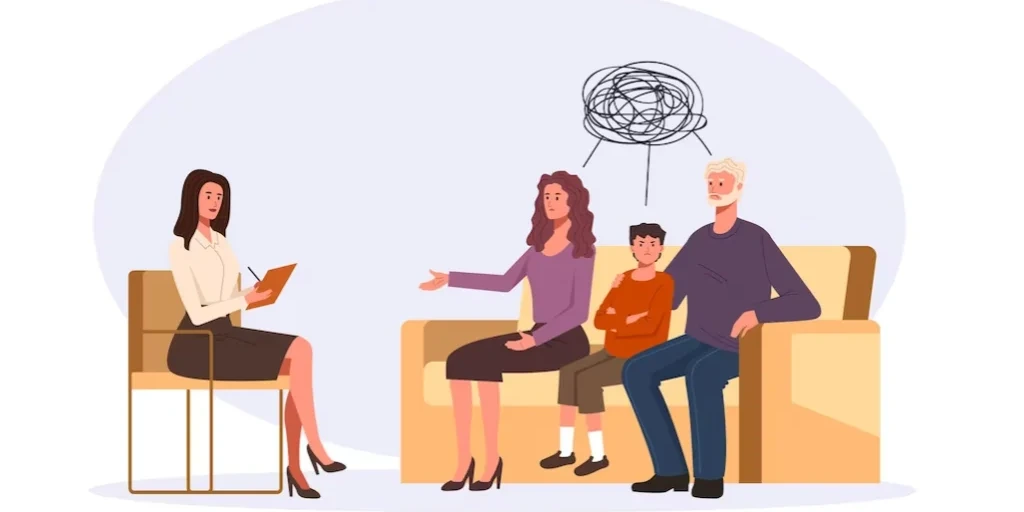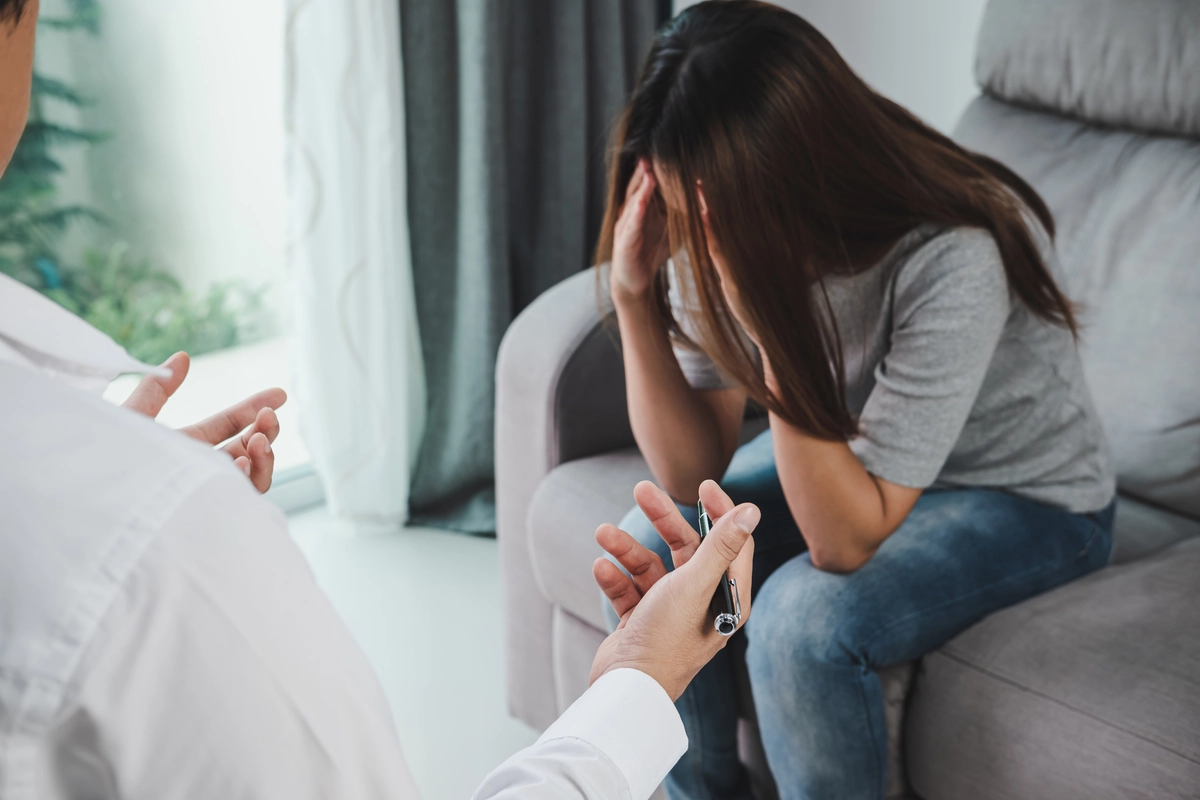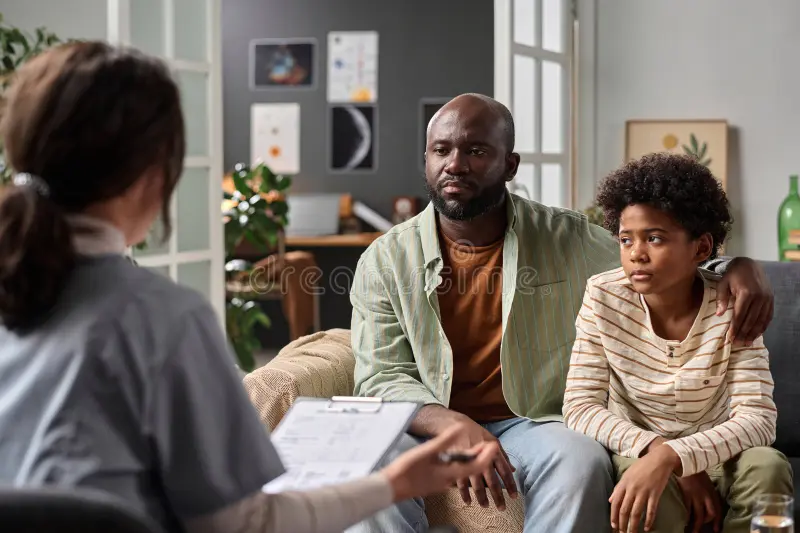24/7 Helpline:
(866) 899-221924/7 Helpline:
(866) 899-2219
Learn more about Couples Rehab centers in Suffolk
Couples Rehab in Other Cities

Other Insurance Options

GEHA

Medical Mutual of Ohio

Horizon Healthcare Service

Amerigroup

Magellan Health

CareSource

BlueShield

Regence

EmblemHealth

Health Partners

Holman Group
Beacon

Humana

Sliding scale payment assistance

Group Health Incorporated

Evernorth

CareFirst

PHCS Network

Ambetter

Excellus

Sentara – Behavioral Health Services
Sentara – Behavioral Health Services is a private rehab located in Suffolk, Virginia. Sentara – Beha...

Western Tidewater Mental Health Center – Saratoga Street
Western Tidewater Mental Health Center – Saratoga Street is a public rehab located in Suffolk, Virgi...

Right Path
Right Path is an outpatient treatment center that couples medication with counseling and support. Ri...





Western Tidewater Mental Health Center
Western Tidewater Mental Health Center is a private rehab located in Suffolk, Virginia. Western Tide...

Pathways to Life
Pathways to Life offers outpatient services for children and adults who are struggling with mental h...







